Nebraska-based chicory root producer and prebiotic fiber developer Blue Prairie recently closed a $750,000 seed round led by Middleland Capital, the agtech-focused venture capital firm. The round included a $250,000 investment by Invest Nebraska, a public-private venture development organization focused on fostering high-growth, high-paying industry startups and small businesses in the U.S. state.
“Before 2015, our focus was on research and development, specifically to look at the general cultivation techniques of the proprietary product–chicory flour,” Blue Prairie president and chief executive Uday Gupta recently told AgFunderNews. “This year is our first commercial term to cultivate and process the chicory root into a flour. The investment is going into working capital to help make this happen.” The heartland company is looking to expand its existing operation, including everything from acreage to processing to marketing efforts.
A member of the sunflower family, which also includes lettuces, dandelion, Jerusalem artichoke, and others, chicory can be found along the roadside throughout North America. The fibrous plant is recognized based on its vibrant blue or purple flowers. The plant comes in three varieties, each presenting a certain expertise. A forage variety has been linked to improvements in livestock health, while leafy versions provide endive and radicchio. Of particular interest to Blue Prairie, however, is a root variety that produces a tap root bearing resemblance to a turnip and growing larger in size.
“We have all heard of probiotics, which are live bacteria and yeast that are good for your health, especially our digestive systems. Prebiotics is not only a dietary fiber, it also provides its own health benefits including being the food for probiotics,” says Gupta. The prebiotic fiber contained in chicory root is a called inulin and has become increasingly popular as a fiber of choice for food producers.
What sets Blue Prairie apart is the method it uses to derive the chicory fiber. Traditional methods involve a purification system used in the production of other plant-based products like agave in Mexico or Jerusalem artichoke in Asia. Typically, chicory root contains 65 percent prebiotic inulin.
“We asked ourselves, ‘Wouldn’t it be nice if we could eliminate processing of the root and dry and mill it into a flour instead?'” says Gupta. “This would do two things. It would drive down the cost of food containing chicory root significantly, and instead of having a powder with a limited application we could create a flour that can broaden the scope of its application and where you can incorporate inulin.”
Through non-GMO techniques, Blue Prairie derived a unique type of root that can be milled into a flour, and which also possesses the right flavor profile. Grown in the fields of Nebraska, the company’s chicory root crop can be grown in rotation with sugar beets, one of the most prevalent and profitable crops in the state. “Chicory root is deemed a value added crop, according to the State of Nebraska, and we don’t compete against sugar beets–another value added crop,” explains Gupta. “Chicory root can be included as a rotational crop alongside corn, wheat, and sugar beets.”
Even better, Blue Prairie’s growers can use the same equipment that is necessary for sugar beet planting and harvesting to produce chicory root, further driving down production costs and creating an incentive for growers to include the crop.
Until today, inulin has not been a popular ingredient in the baked goods segment of the food market. “We have been able to demonstrate that we can put chicory root flour at a large inclusion rate in many products like bread, pasta, tortillas, and cookies. We’ve also shown that the products come out the other side with a good fiber content and good taste and texture, which are important to the end consumer.”
What attracted the recent round of investors? Gupta sees three separate factors. “We are providing a high value ingredient at a cost competitive price while introducing it in a format that broadens the potential applications, opening itself up to the $800 billion fuctional flour market. We are also delivering health benefits to the consumer in a format that they are traditionally use to seeing–food.” As a non-GMO and largely unprocessed ingredient, the company sees it chicory root fiber as a wholesome, clean label product. While the current crops are not organic, Gupta and the company are looking into it.
Blue Prairie has now turned its attention to getting its product to market. “There are really three ways we can take this product to market,” says Gupta. “We can sell the flour, semi finished goods like a cereal flake or crisp that can be incorporated in other foods, or finished goods under either a private or Blue Prairie label.”
During initial meetings with food producers and retailers, the response to Blue Prairie’s chicory root fiber products was positive. “When we started showing some sample finished goods to companies, we were doing it just to demonstrate how the fiber can be incorporated, but we received interest from grocery stores who said they were interested in putting these products on the shelf.”
Have news or tips? Email [email protected].

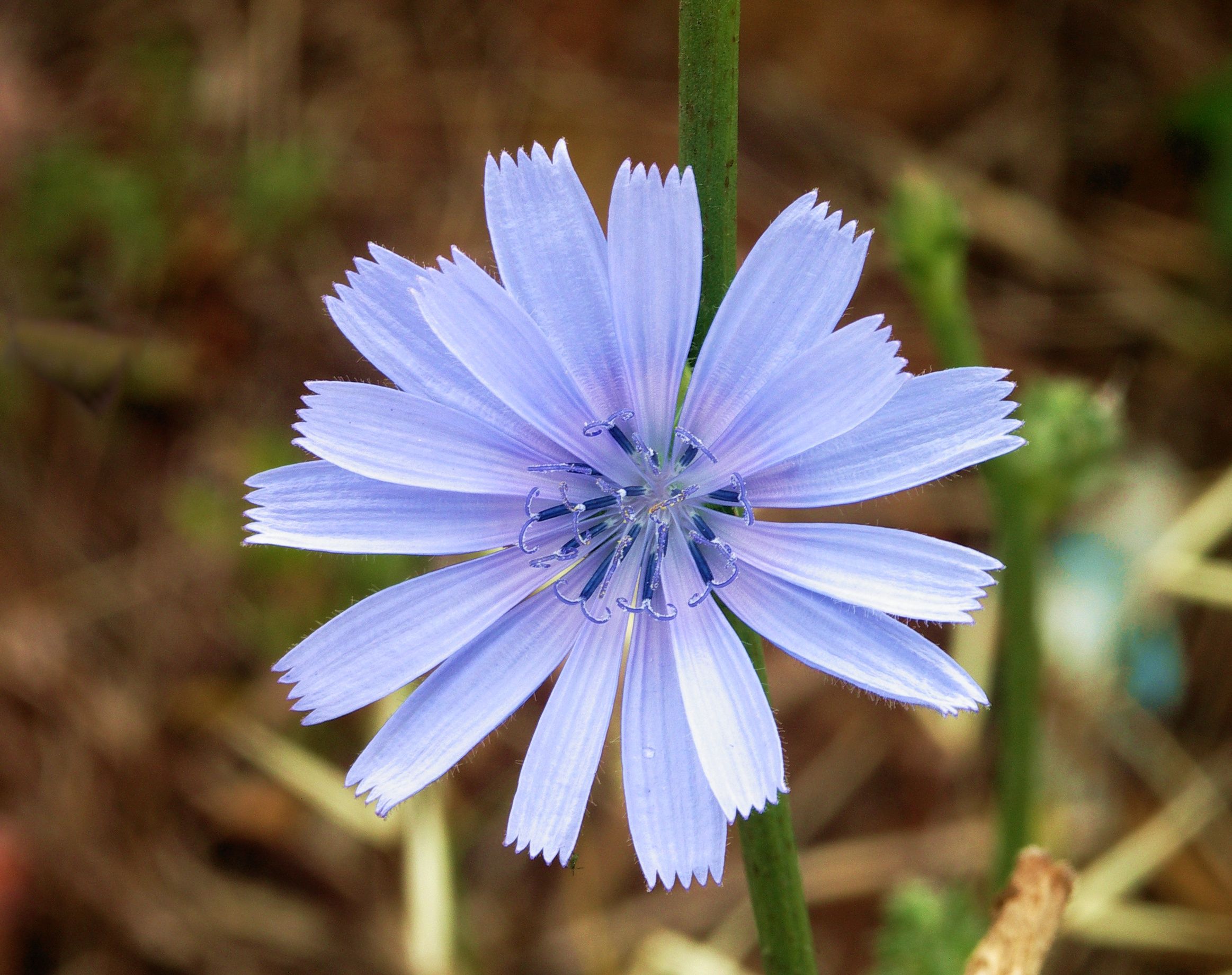




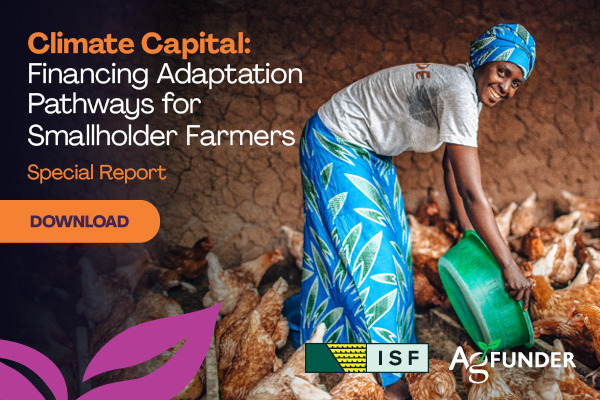


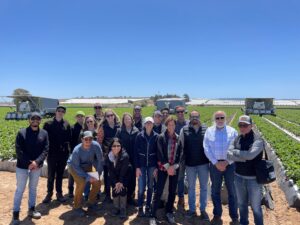

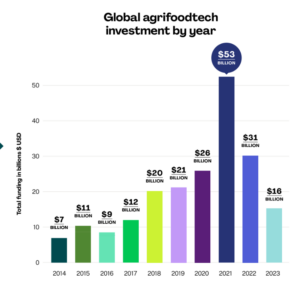



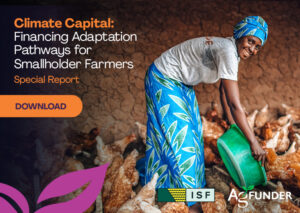

Guest article: Who owns America’s farmland? Xenophobia and US agriculture… reality vs perceptions